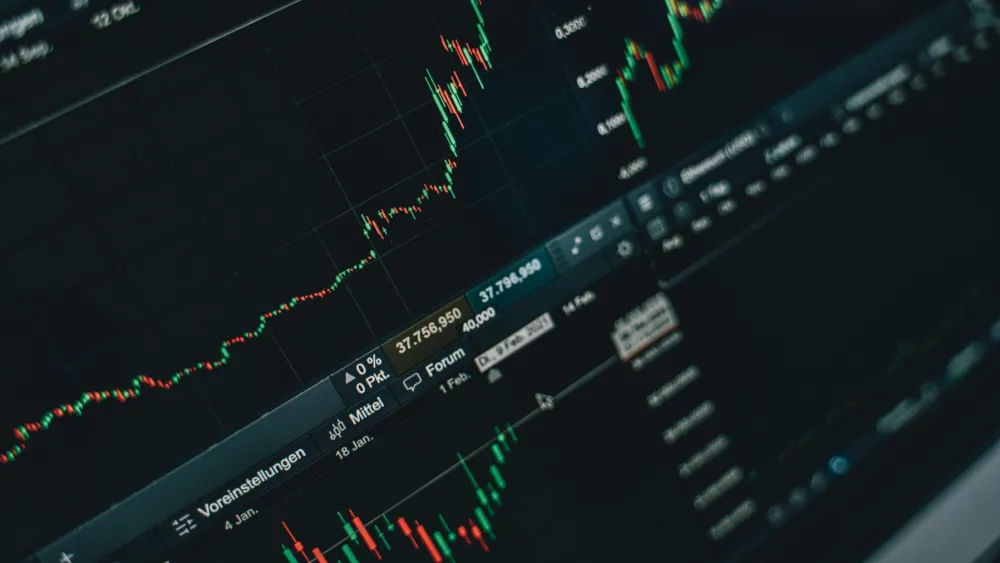Automation powers Singapore’s trade finance future
Digital transformation is key to tackling trade finance inefficiencies.
With total trade (exports + imports of goods and services) reaching 322% of GDP in 2024, Singapore remains one of the most trade-dependent economies globally. This reliance underscores both its role as a global hub and the urgency of addressing structural challenges in trade finance.
“Singapore's economy is heavily reliant on exports and according to our data, in 2024, Singapore's exports was equivalent to 92% of Singapore's GDP in total,” said David Zhang, Regional Market Insight Manager, Services at Euromonitor International. He added that Singapore imports essentials, re-exports value-added goods like refined fuel, and depends on sectors such as shipping, semiconductors, and fintech to drive growth.
Zhang noted that Singapore’s strategic location at the Straits of Malacca and its position as Southeast Asia’s top importer and exporter make it vital to global trade. “It also controls the shipping trade, especially between East Asia with the Middle East and Europe,” he said.
Beyond logistics, he added, “It also has an important role, like a global hub for digital trade, financial and tech innovations.”
However, inefficiencies remain a challenge. “In Singapore and globally, there's still a lot of companies that rely on manual processing of the trade documents, and for the banks as well, and this is time consuming, not scalable, and also very prone to errors,” Zhang explained. He also highlighted financing gaps for SMEs, threats from financial crime, and the impact of tariffs and geopolitical tensions on liquidity and logistics.
Looking ahead, Zhang pointed to automation and emerging technologies as critical solutions. “We can leverage fintechs to power automated document screenings. Go through the credit decisioning, risk management, such as sanction lists, as well as for other types of risk compliance,” he said.
He added that generative AI, blockchain, and automated foreign exchange risk management could reduce human error, improve security, and strengthen resilience. For Singapore, he concluded, harnessing automation is key to reinforcing its leadership in global trade finance.



















 Advertise
Advertise








Commentary
Asia’s banks hold the mandate to innovate. Now they must earn it.
Why Asia's banks are rebuilding their credit infrastructure in 2026
Banks retreat, private credit advances: Asia Pacific’s quiet lending revolution
Human Sparsity Blockchain: A citizen-validated ledger for digital finance supervision
Will stablecoins disrupt the banking business?
Digital transformation starts with leadership